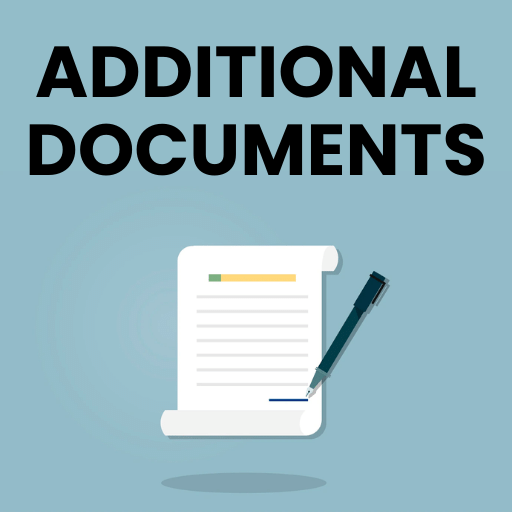Modals Class 6 Worksheet English Grammar
Instructions
- For MCQs, choose the best option and write the corresponding letter in your answer sheet.
- For short questions, answer in a complete sentence.
- For fill in the blanks, write the appropriate word.
- For the match the column section, draw lines connecting the correct pairs.
- For true/false, write 'T' if the statement is true and 'F' if the statement is false.
- Answer all questions within the word limit mentioned in each section.
Section - A
Q.1. Multiple Choice Questions [1 mark each]
(i) Which of the following is an example of a modal verb?
(a) am
(b) can
(c) walk
(d) drink
(ii) The modal verb 'must' is used to express:
(a) possibility
(b) obligation
(c) permission
(d) ability
(iii) Which of the following is not a modal verb?
(a) should
(b) could
(c) was
(d) might
(iv) Which modal verb is used to show a past ability?
(a) can
(b) could
(c) will
(d) might
(v) Which of the following sentences is correct?
(a) He might plays football.
(b) She must to go home.
(c) They can swim.
(d) I would eats pizza.
Q.2. Short Questions [2 marks Each]
(i) What are modal verbs? Give two examples.
(ii) What is the difference between 'can' and 'could'?
(iii) Explain the use of 'may' and 'might' in sentences.
(iv) When should we use 'should' and 'must' in a sentence?
Section - C
Q.3. Fill in the blanks [1 mark each]
(i) You ________ (can/could) play outside after finishing your homework.
(ii) I ________ (may/might) go to the party tonight, but I'm not sure yet.
(iii) They ________ (must/should) wear a helmet while riding a bike.
(iv) She ________ (can/could) speak three languages when she was younger.
(iv) We ________ (would/will) like to visit Paris someday.
 |
Download the notes
Worksheet: Modals
|
Download as PDF |
Section - D
Q.4. Match the column [1 mark each]
Section - E
Q.5. True/False [1 mark each]
(i) Modal verbs are always followed by the base form of the verb.
(ii) 'Would' is used to express past ability.
(iii) 'Should' is used to give advice or suggestions.
(iv) 'Might' is used to express strong obligation.
(v) We can use 'can' to ask for and give permission.
You can access the solutions to this worksheet here.
|
46 videos|252 docs|45 tests
|
FAQs on Modals Class 6 Worksheet English Grammar
| 1. What are modals and why are they important in English? |  |
| 2. Can you provide examples of common modal verbs used in sentences? |  |
| 3. How do modals change the meaning of a sentence? |  |
| 4. Are there specific rules for using modals in negative sentences? |  |
| 5. How can I practice using modals effectively? |  |


































